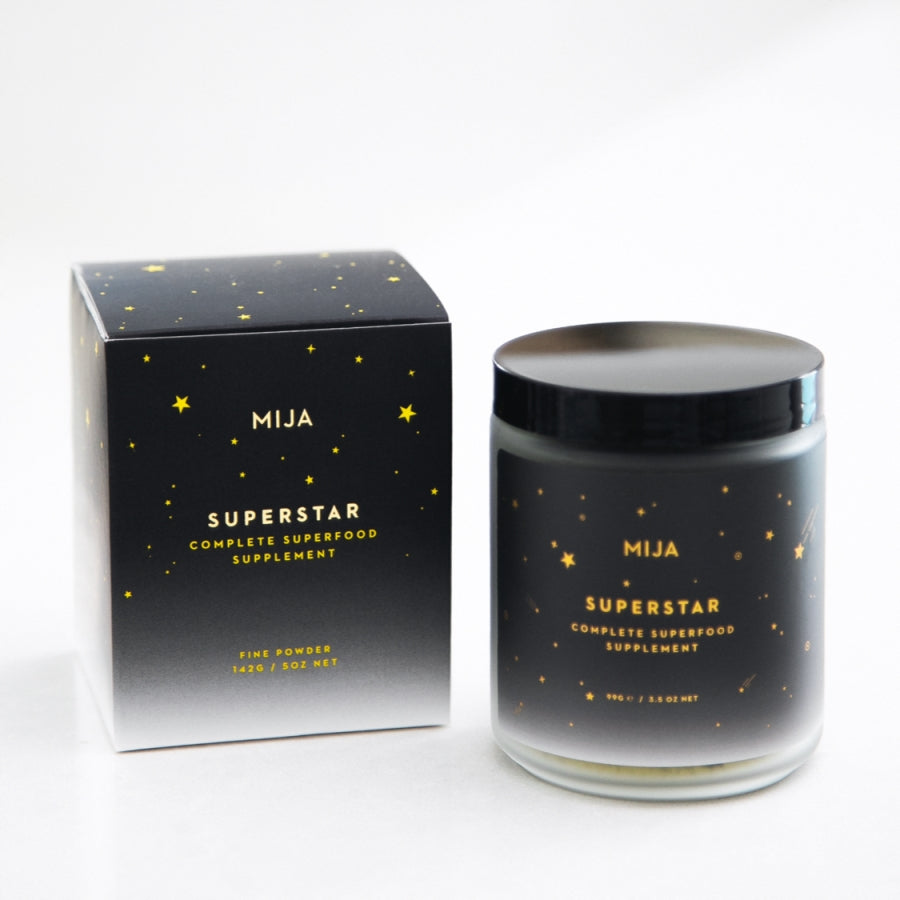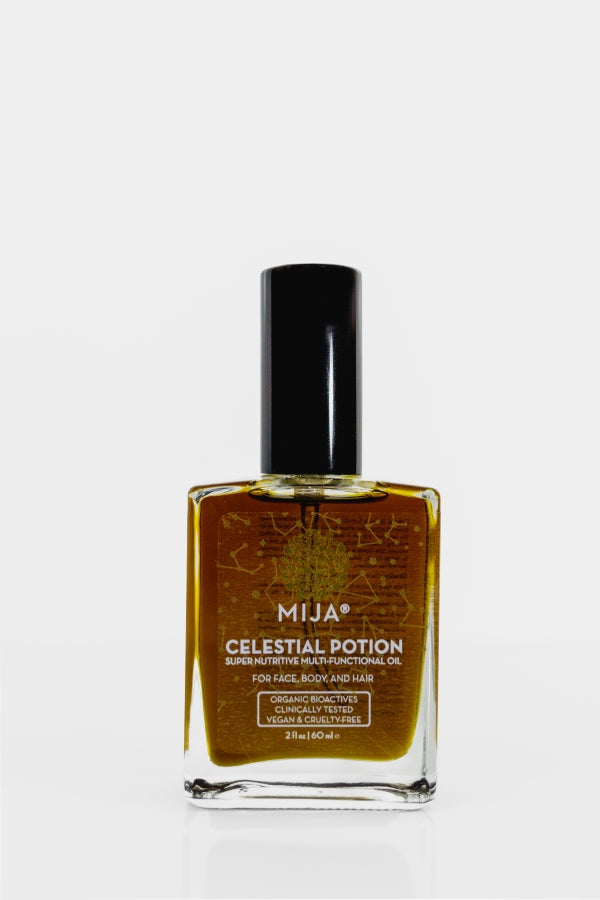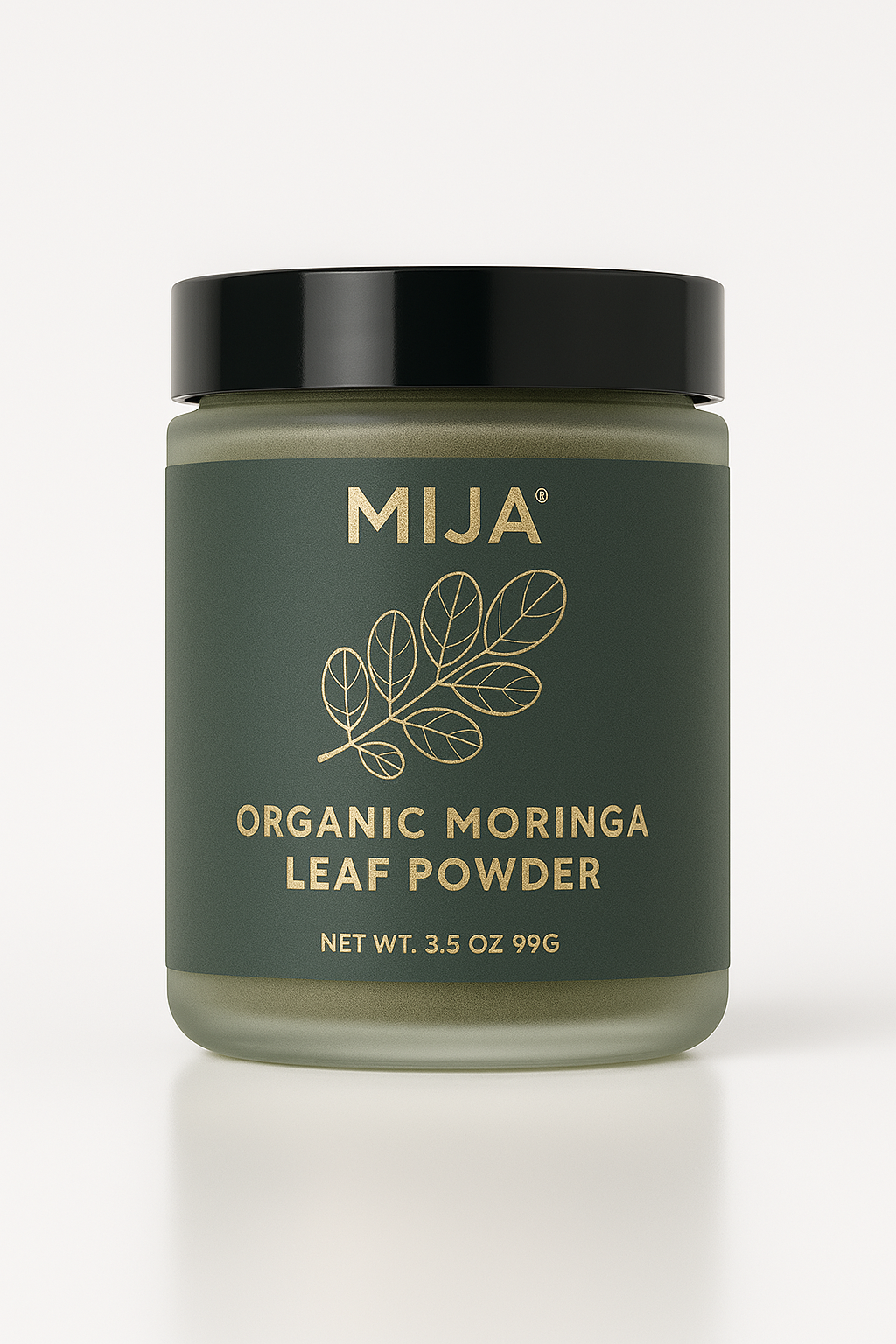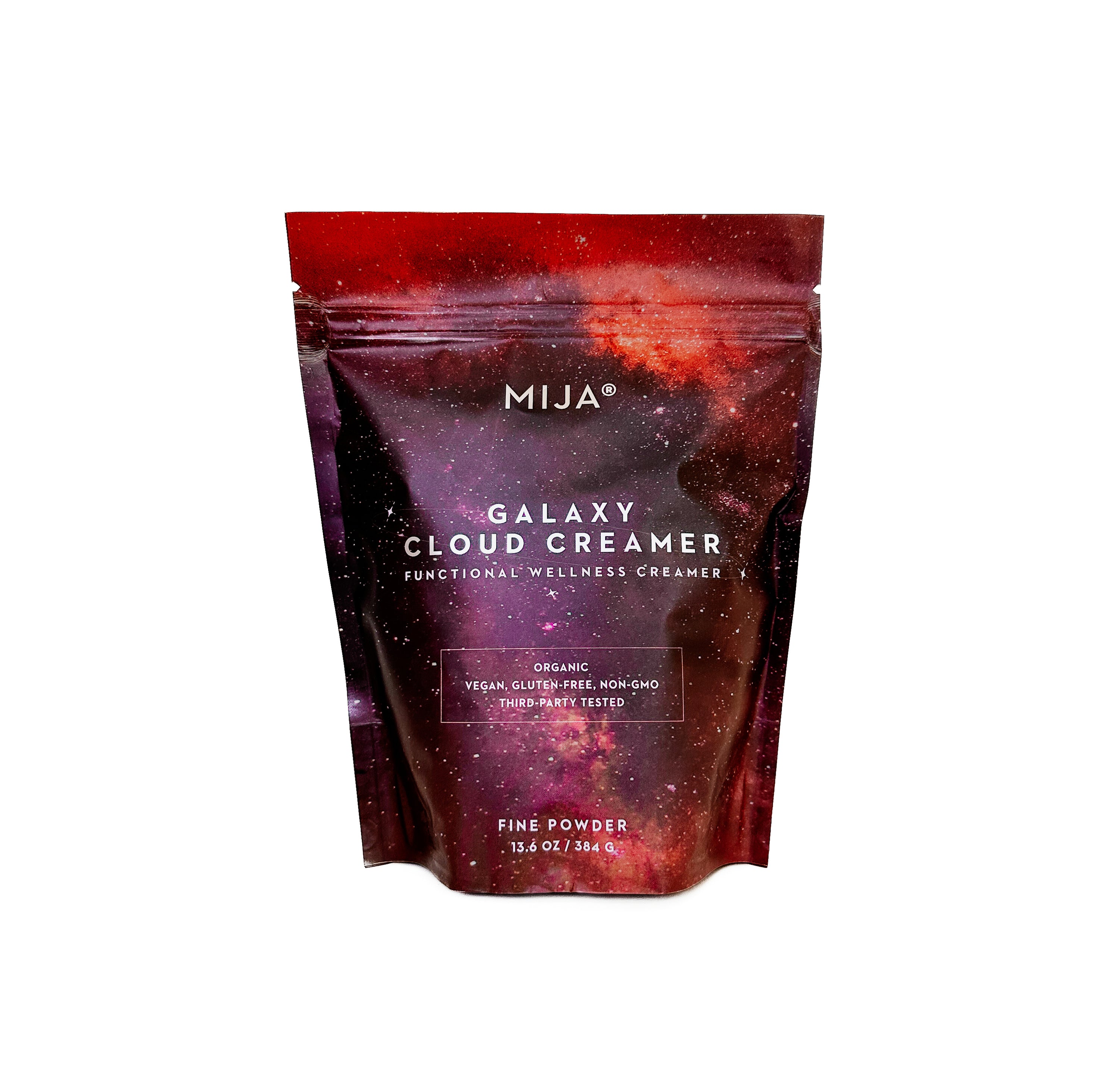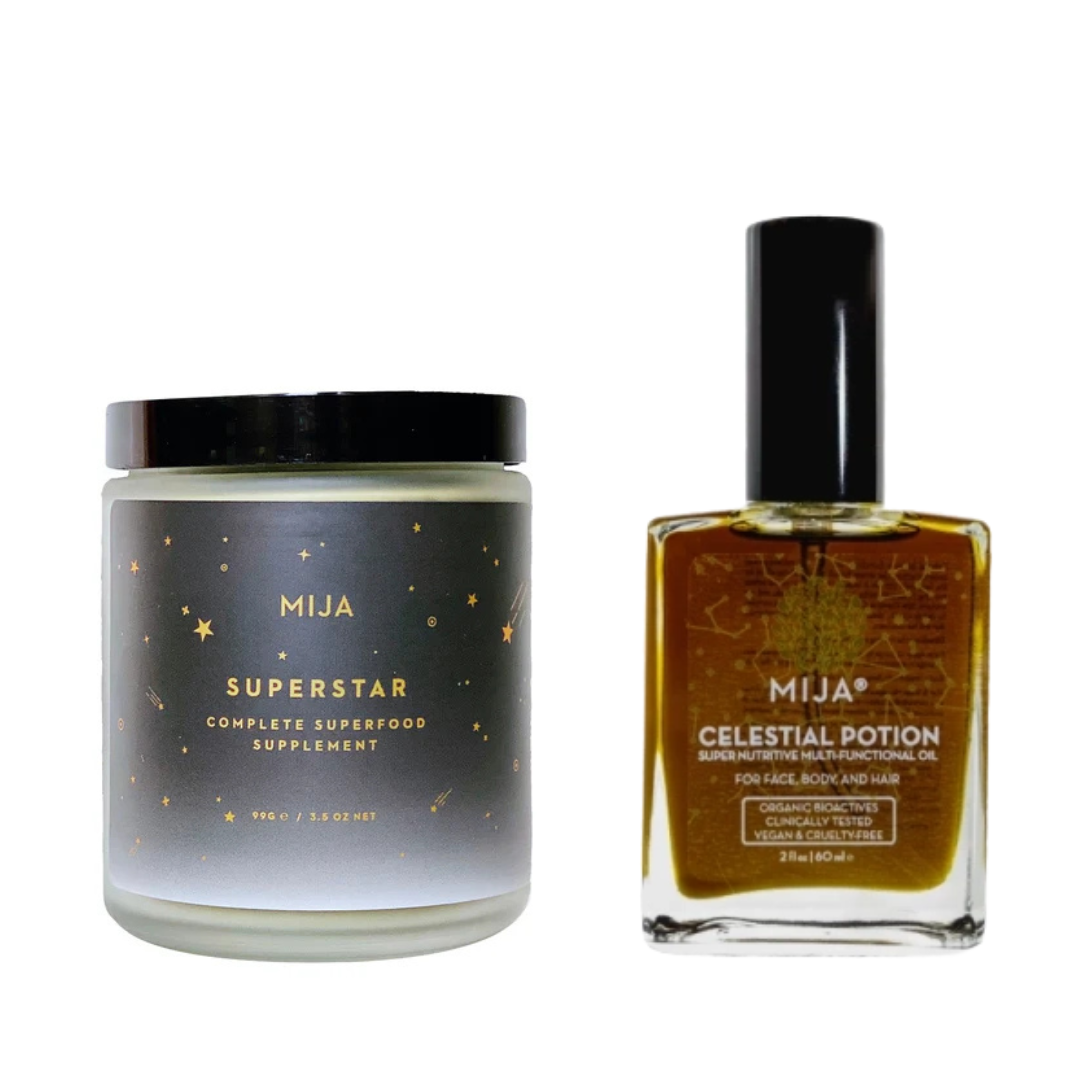

Everything you need to know about Erythritol
Erythritol is a "sugar replacement" that was hailed as a health revolution for its sweetness with zero-calories. However studies now indicate this "healthy alternative" is linked to blood clotting, stroke, heart attack and death. What's even more concerning is this: as Erythritol was marketed as a healthy sugar replacement, it's often added in bulk to stevia, monk fruit, and keto-reduced sugar products. Often times, this is not listed in the nutrition label. So naturally, scientists are sounding the alarm. To learn more, we brought this to our co-founder, Sarah Koszyk, MA, RDN, a registered dietitian and board certified nutritionist, to give her expert insight.

Erythritol has erupted in the news recently. Could you tell us about this starting with what erythritol is and walk us through the findings? For many who have not heard of this, why is this big news?
Erythritol is a man-made, synthetic, no-calorie, sugar alcohol (similar to sorbitol and maltitol) that is used to provide sweetness without the additional calorie or carbohydrate component. It was invented in order to reduce the glycemic load people get when consuming regular sugar so that people could still get a sweet taste in a product without having it affect their blood sugars or impact their caloric intake. It’s a very popular ingredient in diabetic and keto-friendly products because it doesn’t add to the carb load or calorie count.
Erythritol has also been added to other sweeteners, like stevia or monk fruit, in order to save on production cost and increase the sweetness that stevia and monk fruit normally provide so that the manufacturers use even less of the stevia and monk fruit.
This recent study, published in the journal of Nature Medicine, reported that erythritol intake increases the risk of thrombosis, or clotting of the blood, which can cause a heart attack or stroke. This is major news because this synthetic sugar is used in so many products. The study showed people who consumed 30 grams of erythritol (which is equivalent to eating a pint of keto ice cream that contains this sweetener) had their erythritol levels go up a thousandfold and remain elevated for two to three days after consuming the sugar which heightened the clotting risk factor. These results are highly alarming because many people will eat a pint of ice cream in one sitting which can result in extremely negative side effects. And that's not even factoring in compounded consumption of multiple foods that may contain erythritol throughout the day.
What do you make of this study, any limitations, or it was well conducted?
This study used a decent sized population including 1,157 people who were at risk of heart disease already in the initial part of the study. They did a follow-up analysis looking at 2,149 people in the US and 833 people in Europe who were also at risk of heart disease. Finally, they did a mini study with only 8 healthy people who also showed increased risk of thrombosis after consuming erythritol. Overall, the study was well-conducted from baseline and provides a good analysis of some of the potential health hazards that synthetic sugars can cause. Most previous studies with erythritol focused on how sugar substitutes affect our blood sugars.
In more recent times, there has been more and more studies on how synthetic sugars affect the gut and how some of them can cause gastrointestinal distress since the body can’t adequately digest them due to their unique chemical structure. This recently published study was the first study really focusing on heart health and it gave us a lot of red flags to consider.
Now this has been said to be found in MANY of the sugar-alternatives that are supposed to be healthier and natural including stevia and monk fruit. Can you walk through why this is, and whether it means stevia and monk fruit themselves are okay?
Monk fruit and stevia themselves are fantastic ingredients with great antioxidant properties and a host of wide-ranging health benefits. But they're costly. The food industry is dominated by four major food companies which all have shareholders to satisfy and financial quotas to meet. Sugar alternatives are great for these food companies because they are low-cost, man-made ingredients which also provide high levels of satisfaction to the taste buds so that people want more and more. Adding a filler like erythritol to a natural, plant-based ingredient like stevia or monk fruit, is just another example of how companies are cutting corners to decrease production cost and increase profits.
When we were sourcing our monk fruit and stevia, it was a challenge finding an organic supplier who didn’t add anything to the natural fruit or leaf. Technically, companies are required to disclose ALL of their ingredients on their food label. So if there are additional items within the stevia or monk fruit, the company should be putting it on the label. However, since the FDA can’t regulate and monitor everyone, not everyone does this, especially for 'filler' ingredients. Which is morally, ethically, and legally wrong. Stevia and monk fruit are both plant-based ingredients that come from nature and are safe to consume when there are no additional fillers.
How can one tell if a product with stevia or monk fruit contains erythritol?
Technically, companies are required to disclose in the ingredients list of all the ingredients found within the product. So if an ingredient does have additional components, it should be listed. Unfortunately, since there is no regulation, this isn’t always the case. However, people can still read the ingredient list and hopefully, the company will have erythritol listed if it is found within the product either within another sugar (like added to monk fruit or stevia) or placed as a stand-alone ingredient. Sometimes brands themselves might be in the dark if their supplier doesn't disclose this information.
When in doubt, it's best to just ask.
So on that note, just to confirm again: our products don't contain erythritol, right?
Correct! The latest findings about the health implications of erythritol DOES NOT affect any of MIJA’s products. As a registered dietitian nutritionist who has been in this industry for over 15 years, I have always been cautious of synthetic sugar substitutes. When we were sourcing our ingredients for our products, we made sure that everything was 100% pure with no fillers or additives, and everything was single-sourced to reduce the risk of contamination or false claims. Since supplements are not regulated by the FDA, we even had our products third-party tested for full transparency in order to ensure they were free of toxins, chemicals, heavy metals, and all that other nasty stuff. We are very proud to say that what you see on our nutrition label is exactly what you are consuming and our ingredients are top notch, third-party verified, and super safe.
TL;DR: MIJA does not use erythritol, so enjoy your SUPERSTAR and GALAXY CLOUD CREAMER, knowing you're getting nothing but the best.
Share:
5 comments
-
Hi what country are you mijanaturals made please
Christine Brooks on
-
Thanks u brought such information
Dr Praveen on
-
Thanks for providing us such a valuable and necessary scientific information about the Erythritol & other sweetners used by a large section of population all over the world.
Dr S.R.Trivedi M.D.(Medicine) Sr.Physician on
-
Thank you for giving us peace of mind! Love your products!
Helen W. on
-
Thank you for your knowledge and transparency about this, I am going through all of my products right now to get the answer. I can’t believe how many products with stevia and monk fruit have this in there, and it makes it hard to trust what we are told. I am grateful for MIJA, and your integrity!
Rose G. on

